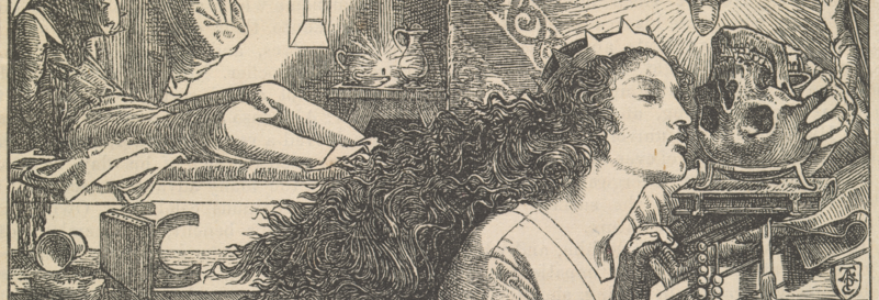Archaeologists from the University of Warsaw have taken part in innovative research that uncovers the history of five generations of the West Germanic people called the Lombards. An article on the subject was published in the “Proceedings of the National Academy of Sciences”.
The international team of researchers exploring the history of the Lombards included scientists from the UW’s Department of Bioarchaeology: Dr Arkadiusz Soltysiak, Dr Rafał Fetner and Dr Ricardo Fernandes. The archaeologists presented the results of their analyses of human remains from a Lombardian cemetery in Collegno, a suburb of Turin (northern Italy). The research used archaeogenetic and biochemical methods to provide detailed insights into the functioning of the local community over at least five generations. The research focused on ancestral origins, family ties and even the diet of local communities. The researchers reconstructed three family groups, including one involving three interrelated families of three to five generations.
“We combined history and archaeology with archaeogenetic and isotopic data to investigate the role of a barbarian warrior elite in the community inhabiting Collegno from the sixth to the eighth century. Genome analysis revealed that the cemetery was used by at least three family groups, one of which – whose ancestors came from the north – had a high rank highlighted by the rich furnishings of the graves. The findings show how power shifts and migrations after the fall of the Roman Empire influenced the formation of new communities in which Germanic newcomers interacted with the local Italic population,” Dr Arkadiusz Sołtysiak said.



